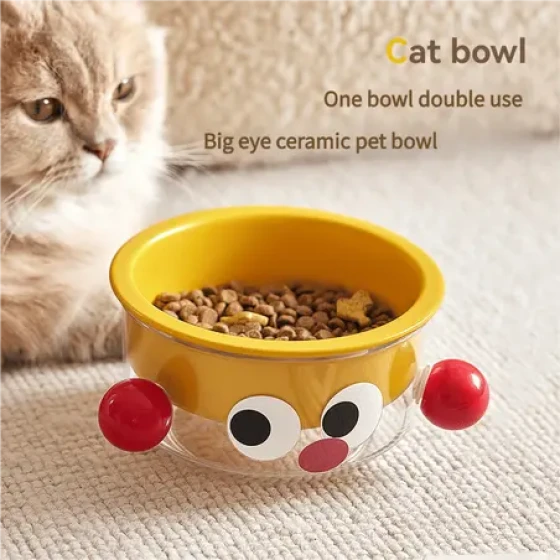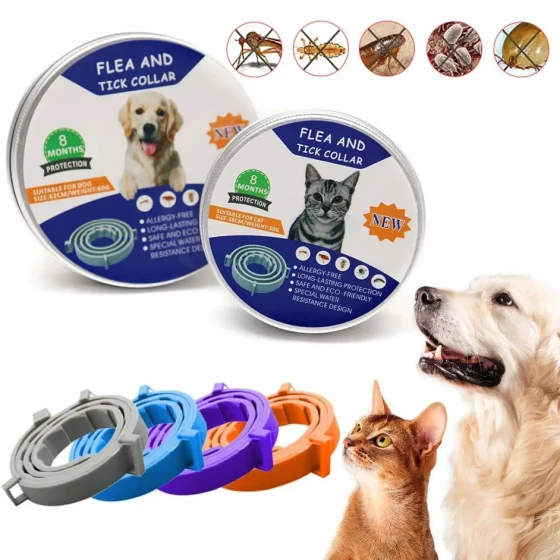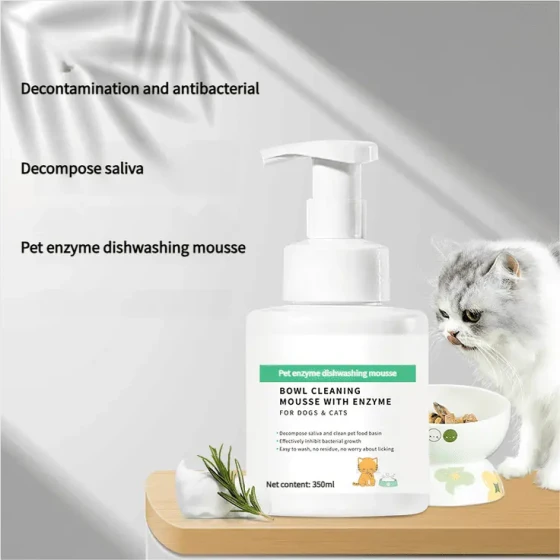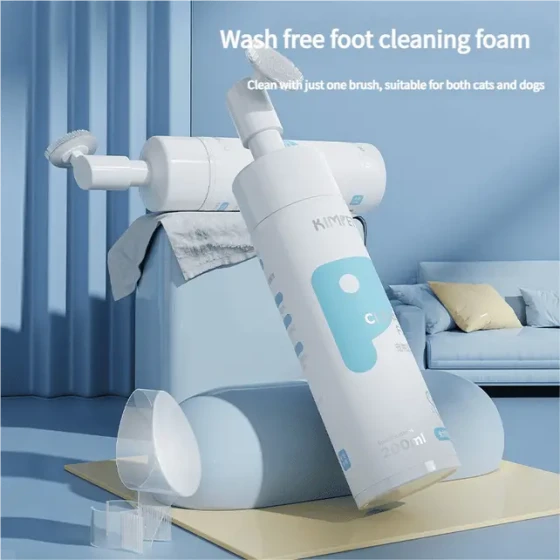Cats Do Not Like Others Touching Their Paw Pads
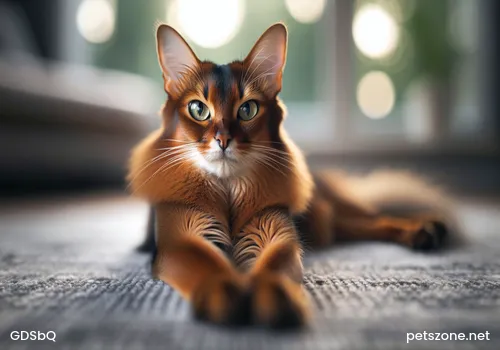
Tabby Cat
If a paw pads are touched, it will immediately withdraw its paws. If persistently bothered, it may even anger the , showing a "displeased" expression, because the paw pads are extremely sensitive. It is the same principle as when a person's sensitive areas are touched, causing the whole body to shudder.
The skin on the surface of the paw pads is slightly thicker than on other fur-covered parts, but because there are many nerves inside the skin, it is very sensitive. This sensitivity allows cats to walk smoothly on unstable surfaces. A dull paw pad would not feel anything on uneven terrain. Moreover, the paw pads contain fat and elastic fibers, enabling the sole to tightly adhere to uneven surfaces.
Besides, the paw pads also function as anti-slip pads. Specifically, they sweat when tense. Except for the paw pads, cats have no sweat glands. Cats do not sweat to regulate body temperature but to prevent slipping. Humans are similar; our palms sweat when nervous. When humans were still monkeys, sweating helped with grip while climbing trees. The sweat on cat paw pads serves the same purpose.
Additionally, the soft and sensitive paw pads ensure that no sound is made during hunting, enabling stealth. They can be called silencing paw pads.
However, though very sensitive, gentle stroking can make cats feel "very comfortable." If the owner lovingly strokes them gently, the cat will spread its claws and appear very happy. Rough stroking, of course, is intolerable.
